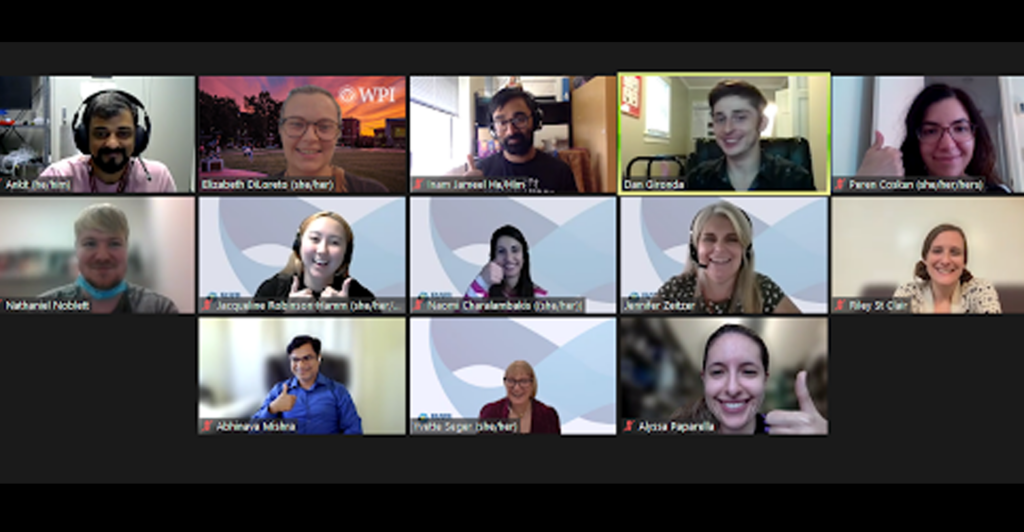Developing humankind’s scientific understanding of our modern world is contingent on the policies and facilitators that are funding our prospective research. Over the past several decades, government policies and initiatives have been enacted to promote groundbreaking research across the disciplines of science, technology, engineering, and mathematics.
Breakthrough discoveries are occurring almost every day, yet the policies that regulate the day-to-day application and determine the funding for these new technologies limit their translation into everyday life. As humankind progresses into the scientific unknown, a couple questions remain: how influential are these policies in terms of developing the scientific enterprise, and what are the regulatory steps to propel these policies into legislation?
“This was my second time taking the course. It was very helpful in contextualizing policy for a scientist. Prior to the course, I had felt like there was so much that I did not know about how the government worked in the way it related to science, and the course does a great job getting us up to speed with how federal agencies and funding work.”
Marah Wahbeh, Johns Hopkins School of Medicine
To address these questions, members of the Genetics Society of America’s Early Career Leadership Program teamed up with the Federation of American Societies for Experimental Biology (FASEB) to participate in the “Introduction to Science Advocacy and Policy” short course offered through FASEB. As a non-profit organization founded in 1912, FASEB is the largest biomedical coalition in the United States that comprises 28 scientific societies and more than 115,000 researchers globally. The Science Advocacy and Policy short course was led and moderated by Yvette Seger, PhD, FASEB’s Director of Science Policy, and Jennifer Zeitzer, FASEB’s Director of Public Affairs.
The course consisted of four one-and-a-half hour sessions over the span of one month. In the first session, participants were introduced to the US government; more specifically, participants learned about key national government agencies and the relationship between these agencies and science policy, as well as the legislative processes that facilitate science policy enactment and implementation. The second session covered various budget and appropriation processes that determine and allocate yearly funding for scientific ventures. The final session introduced the different types and roles of science advisors in the federal government, as well as the differences between the development and implementation of policies and regulations. To conclude the course, participants tested their ability to communicate in the realm of policy by drafting responses to and memos about past or topical policy items. The culmination of all of these sessions developed participants’ skills in policy analysis, writing, and advocacy.
Members of GSA’s Early Career Leadership Program stated that this was a “great introduction into science policy,” helping to “contextualize policy for a scientist.” The FASEB and GSA Introduction to Science Advocacy and Policy short course will once again be offered in the late spring of 2023. Interested participants should make their interest known, as the 15 slots will fill up quickly.
Please contact jvelez@genetics-gsa.org or yseger@faseb.org for more information. You can learn more about the Genetics Society of America’s Early Career Leadership Program here: Early Career Leadership – Genetics Society of America.













